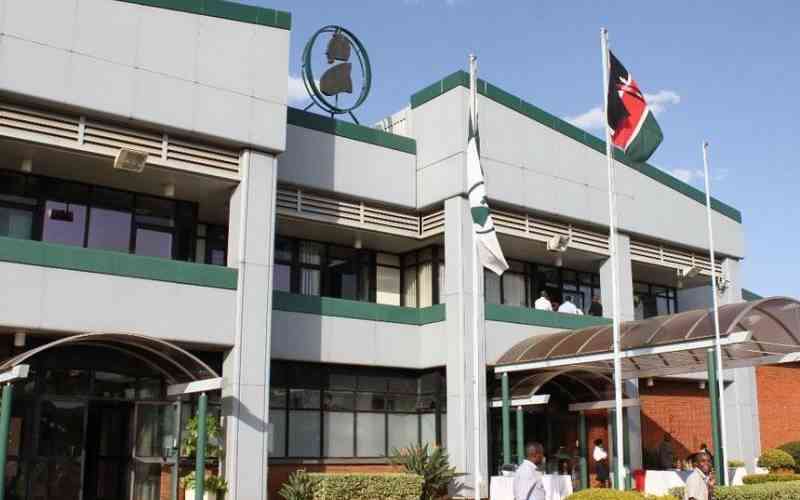
Interior Cabinet Secretary Kipchumba Murkomen came under fire on Wednesday as police officers and national government administrators accused his ministry of neglect and failure to adequately support security operations across the country.
Speaking during a forum in Eldoret, officers painted a grim picture of a demoralised service hampered by poor facilitation, outdated infrastructure, and lack of critical resources to combat rising crime and maintain public order.
Jostin Nabwire, Officer Commanding Station (OCS) from Soy, revealed that only six out of 30 police stations in Uasin Gishu County — President William Ruto’s home turf — had access to vehicles.
“Police stations are sharing vehicles and most of the time there is no fuel. The residents that we serve complain that we are refusing to respond to distress calls and security challenges yet we have not been facilitated,” Nabwire said.
She added that most stations lacked proper facilities. “Our police stations are archaic. There are no toilets for detainees and they still relieve themselves in buckets. There are cases where arrested persons have thrown human stool to police officers. We need washrooms so that we present clean suspects to court.”
The OCS further expressed concern that police stations risked losing land to private individuals due to the lack of title deeds.
Police officers who spoke said it was becoming even more difficult to contain violent protests due to lack of resources and support by superiors.
“Officers are deployed to contain protests from morning to late in the night but no one wants to know whether we have been supplied with water to drink and food. By afternoon, frustrations are worsened by hunger and thirst and out of anger, some officers start harming people,” a police officer said.
Several OCSs criticised a government directive allowing officers to live outside stations, citing security risks and difficulty in emergency response.
“It is becoming very difficult to mobilize officers during security emergencies because most of them live far from their stations. Other officers and their families have been targeted by criminals,” an officer said.
Mary Wainaina from Kiambaa Police Station faulted the rollout of digital crime reporting without proper tools.
“We are forced to borrow a personal laptop for digital reporting. When the owner of the laptop is away, we get stuck,” the officer said.
Samuel Simiyu, an officer living with disability and nearing retirement, spoke about the hardships of being stationed far from specialized medical care.
“I am in Eldoret and my doctor is in Nairobi. It is becoming too expensive to access medication,” Simiyu who was transferred to Kiambaa two months ago lamented.
Stay informed. Subscribe to our newsletter
Officers from Directorate of Criminal Investigations (DCI) claimed that some powerful individuals were interfering with cases under probe.
“We get phone calls left, right and centre from individuals who want to influence active cases. You get many calls at the same time of people wanting you not pursue certain cases,” a DCI officer based in Kapseret said.
Another officer decried inadequate training to handle modern crime: “A violent protester is armed with a stone and a police officer has a gun. The policeman or woman is not allowed to shoot the protester but is not trained on how to contain them,” one police officer said.
Chiefs, their assistants and commissioners also expressed their frustrations ranging from lack of vehicles and unfair promotions.
Kaptagat location chief Moses Kiplagat said his boss, the Deputy County Commissioner of Ainabkoi has for weeks been depending on lifts to attend barazas.
“His vehicle broke down and has not been repaired. He depends on lifts to discharge his duties including attending barazas to sell government policies,” Kiplagat said.
A Chief from Turbo told the Interior CS that the local administrators were no longer being respected by top government officials.
“A CS visits your location but you hear about it from locals a day after yet you are the one who should arranging his security and assisting with information,” he said.
Kapseret Assistant County Commissioner Elijah Nyachae said promotion in national government administration was unfair, only favoring those who joined public service in recent years.
Murkomen assured the police and administration officers that his ministry and the national treasury were working to resolve challenges in the security sector.
He said 300 assistant county commissioners were set to be promoted.
“Treasury was working on procuring electric cars for police stations but they have encountered headwinds and we will be reverting to the diesel vehicles,” he promised.







